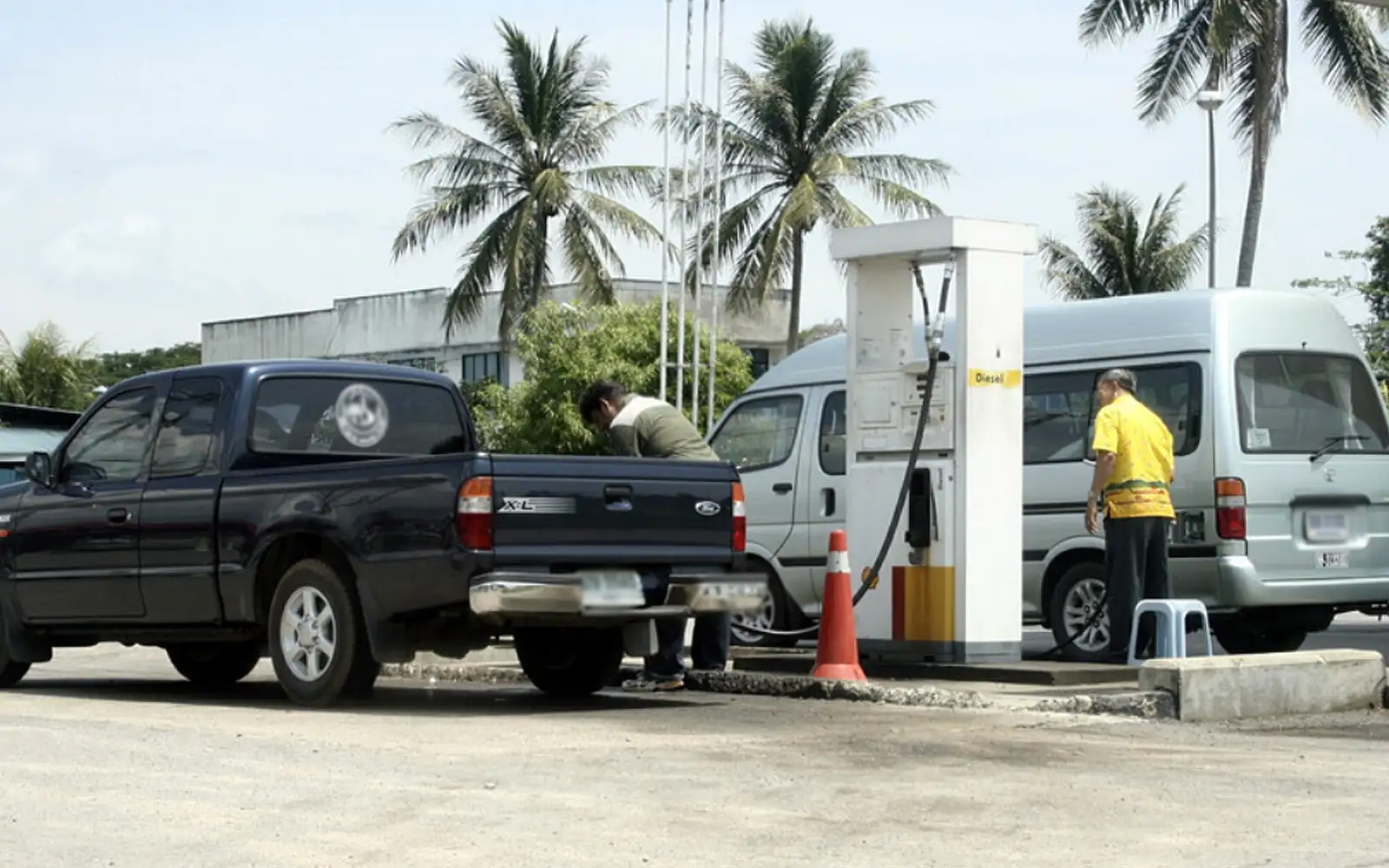Our subsidy programme has become a boon and a bane
Continuously helping even rich consumers top up the cost of their purchases through subsidy is putting a strain on our budget, making a rationalisation exercise all the more timely.

In the Malaysian policymaker’s book, subsidies are a necessity.
Billions are spent annually to help the poor and underprivileged survive.
But the subsidy is also a political tool. Successive governments have put it to good use to not only win votes but also strengthen their support base by continuously raising the quantum.
However it has become a major strain on the national budget, making it a ticking time bomb waiting to blow up in our faces unless steps are taken to defuse it.
The unity government led by Prime Minister Anwar Ibrahim hopes to achieve this through a comprehensive subsidy rationalisation plan introduced under Budget 2024 that was tabled in October last year.
The cost
In Malaysia, the government subsidises the people’s spending on essential items such as chicken, eggs, rice, a selection of cooking oil, utilities such as electricity, and fuel.
Under Budget 2024, the government reduced the allocation for subsidies by about 10%. Even then, it still came up to RM58 billion, making it the second largest component of the budgeted expenditure after wages.
Fuel accounts for the largest chunk of the subsidy budget. In 2022, the government spent more than RM90 billion on subsidies, and 53% of it went solely to fuel, mainly diesel and RON95 petrol.
For the record, the subsidy for the premium grade RON97 was removed in 2010.
While this had made pump prices in Malaysia among the lowest in Southeast Asia, it has also turned the country into a haven for fuel smugglers.
Rationalisation of fuel subsidies
Consumers now pay RM2.15 per litre for diesel at the pump and RM2.05 for RON95.
At the tabling of Budget 2024, the government announced a subsidy rationalisation plan for diesel this year. The same is expected for RON95, perhaps later in the year, although no announcement has been made yet.
Official data shows that the market price of diesel was RM3.43 per litre as at March 24, 2024. However consumers pay on RM2.15, while the government shells out the remaining RM1.28 through subsidy.
Apart from the huge savings the government will get from removing the subsidy, the rationale is that with higher pump prices it will become less profitable to risk smuggling the commodity across the border.
It is estimated that in 2023, the government spent RM39 million a day just on diesel subsidy. That works out to RM1.2 billion a month or RM14 billion a year.
The savings from the rationalisation move can be diverted to meet other needs such as cash handouts to the most needy to help them defray the increase in the cost of diesel.
Exception
Under the rationalisation effort, exemptions have been made for selected consumers.
For instance, businesses with commercial diesel-driven vehicles will continue to receive the subsidy under the Subsidised Diesel Control System (SKDS) 2.0.
Others that will also benefit from additional support or assistance are transport service providers and certain categories of fishermen.
This is to ensure that businesses do not bank on an increase in the price of diesel to raise prices of consumer goods.
The move will also ensure any increase in the inflation rate will be minimal.
The payback
It must be made clear that the removal of subsidies for fuel, while painful for some, will usher in various benefits.
As Prime Minister Anwar Ibrahim pointed out last week, rich Malaysians as well as the 3.5 million to four million foreigners who live and work in Malaysia also benefit from the blanket subsidy programme for fuel.
Denying them the subsidy will directly result in huge financial savings that can be diverted to underwrite the cash handouts for those in the B40 group.
Another benefit of targeted subsidy, as BIMB Securities Research analyst Amiratul Husna pointed out, is that it can help to reduce wastage.
She told FMT the move will also ensure that support reaches those who need it most.
The Fleet Card, which was introduced for nine categories of vehicles under the SKDS 2.0 in March, will be used by eligible consumers to purchase diesel.
By going digital in the process of managing the subsidy for diesel, the government will not only enhance efficiency but also address the problem of smuggling.
No comments:
Post a Comment